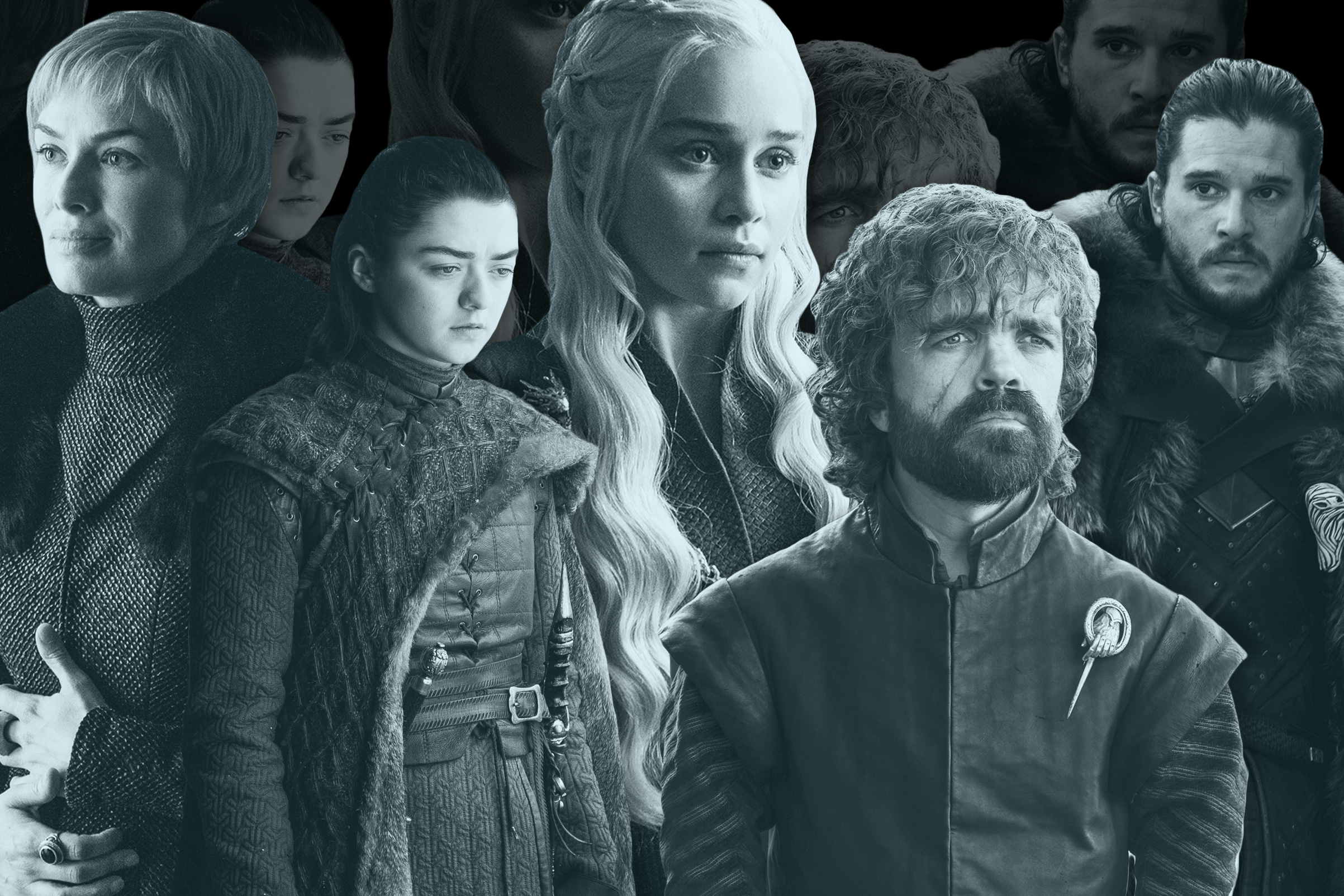“When you play the game of thrones, you win or you die. There is no middle ground.” More than just a badass line, this iconic statement serves as a promise and maybe even as a sort of disclaimer to the audience. Game of Thrones isn’t a show that would adhere to the common laws of high fantasy full of noble knights, wise wizards and mustachio-twirling villains. No, this would be a medieval fantasy like no other you’ve ever seen, hatched from the twisted and brilliant mind of George R.R. Martin. A fantasy drama that would break the fantasy genre.
In the world of Game of Thrones, being on the moral high ground makes you nothing but an elevated target, easy to kill. The death of Ned Stark wrote those rules in blood and since then fans have accepted these rules, much to their joy and heartbreak. You could say that Game of Thrones was sadistic, gratuitous and maybe even at times dangerous but you couldn’t say that it wasn’t the very best TV could offer in terms of stellar writing, complex plots and compelling characters. That is until the most recent seasons of the show began coming out.

Over the years, fans (including me) have been noticing a strange, if not alarming trend to everyone’s favourite shock factory. It began as soon as Season 6 of the show came out, notably, that’s when the show finally caught up to the books and began doing its own thing. That’s really not a problem because there have been great media adaptations of popular texts that have outdone their original source material like Amazon Prime’s Man in the High Castle based on legendary fiction writer Philip K. Dick’s book.
This time, however, it had seemed almost as if the show was changing into something else entirely from its first five seasons. But the question of the day is this: Is it changing into something for the worse?
Plot and Pacing
In the beginning, we were introduced to a dizzying array of characters each with allegiances to different houses, from Starks to Lannisters to Baratheons to Greyjoys to Tyrells. The main plot of the first four seasons followed the War of the Five Kings between King in the North Robb Stark, Balon Greyjoy, Stannis Baratheon, Renly Baratheon and Joffrey Baratheon.
The war wasn’t merely about flashy battles or big character moments though there are some wonderful examples of such. Rather what really gripped us was the way the many rival houses turned the war to their favour, either through alliances or betrayals.
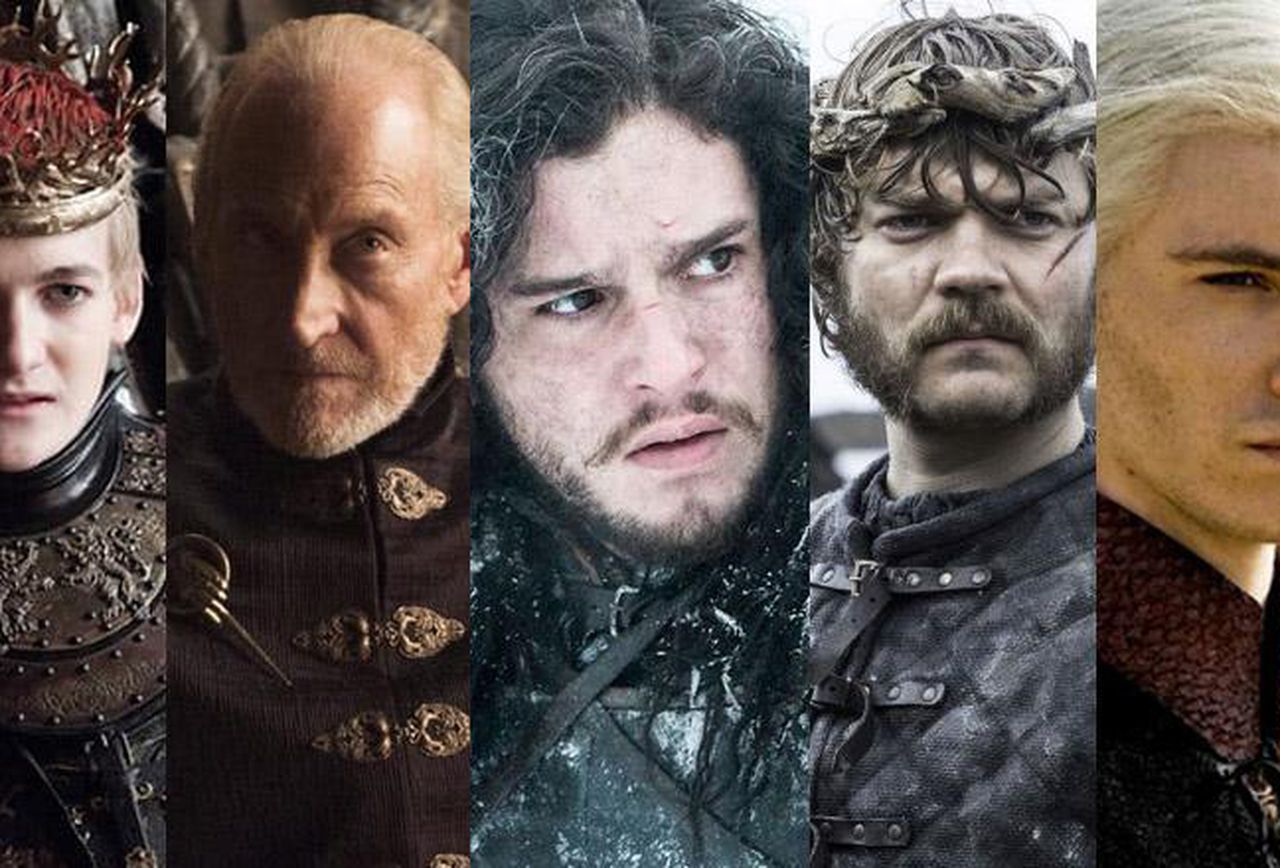 Each relationship between the multiple houses itself worthy of a whole season! We saw the Northern force rally and waver under Robb as he pissed off the Karstarks and antagonized the Boltons, which ultimately led to the Freys siding with the Lannisters and launching the infamous Red Wedding. As devastating as that moment was, it didn’t come out of nowhere. We could trace the journey that led to the slaughter and look at the previous episodes with richer and fuller detail.
Each relationship between the multiple houses itself worthy of a whole season! We saw the Northern force rally and waver under Robb as he pissed off the Karstarks and antagonized the Boltons, which ultimately led to the Freys siding with the Lannisters and launching the infamous Red Wedding. As devastating as that moment was, it didn’t come out of nowhere. We could trace the journey that led to the slaughter and look at the previous episodes with richer and fuller detail.
Then we have the Tyrells slowly creeping their way to take the Iron Throne. The family is capable of utilizing military alliances to leverage power, like when the forces of Highgarden lifted the siege at the Battle of Blackwater Bay. They’re also able to exert soft power through Margaery’s influence on Joffrey and Tommen. Then there was Daenerys learning to navigate through Essos’ dangerous political minefield before rising up as a revolutionary.
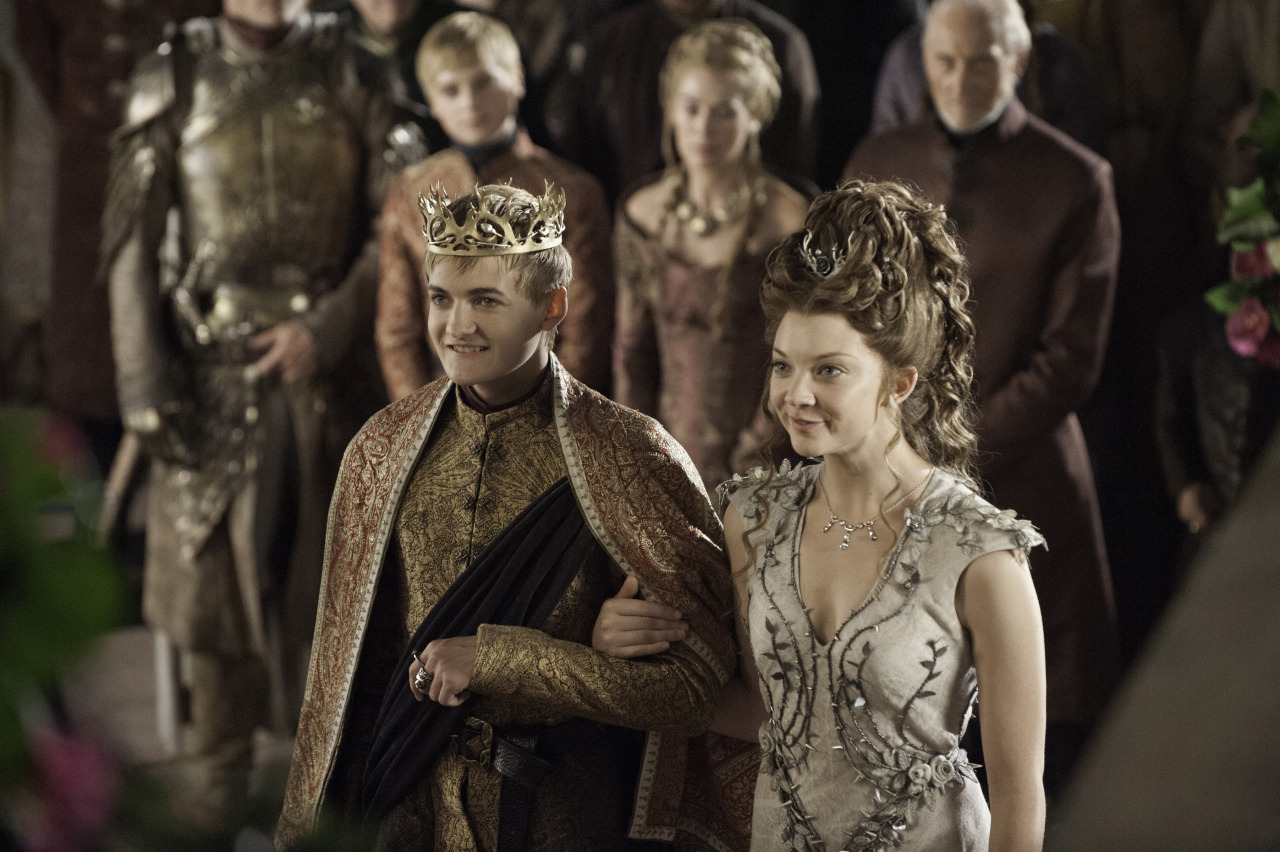
Do you want to know the best part? We’re not even halfway through with all the plotlines, there were tons more! The beauty of the show was its ability to balance all of these elements without it feeling bloated or inane. Every person, house and event was a cog that affected the entire machine. I rewatched the first four seasons of the show and I couldn’t find one episode that felt out of place or didn’t fit into the overall war.
Then, in season 5 things began to wane in terms of pacing and relevancy. It was as if the series was trying to stretch out some of the book plots with Daenerys dealing with what should be a relatively small issue with the Sons of the Harpy. The subplot with the High Sparrow using the Faith Militant to take over the capital had its moments but ultimately it came off as long and drawn out. Oh and then there’s that stupid Dornish storyline that went absolutely nowhere with Myrcella. The only real part that the show developed was Cersei’s hatred and Jon’s mission to the Wildlings. But hey season 6 is on the way and now the showrunners are free to do as they please…and they did.
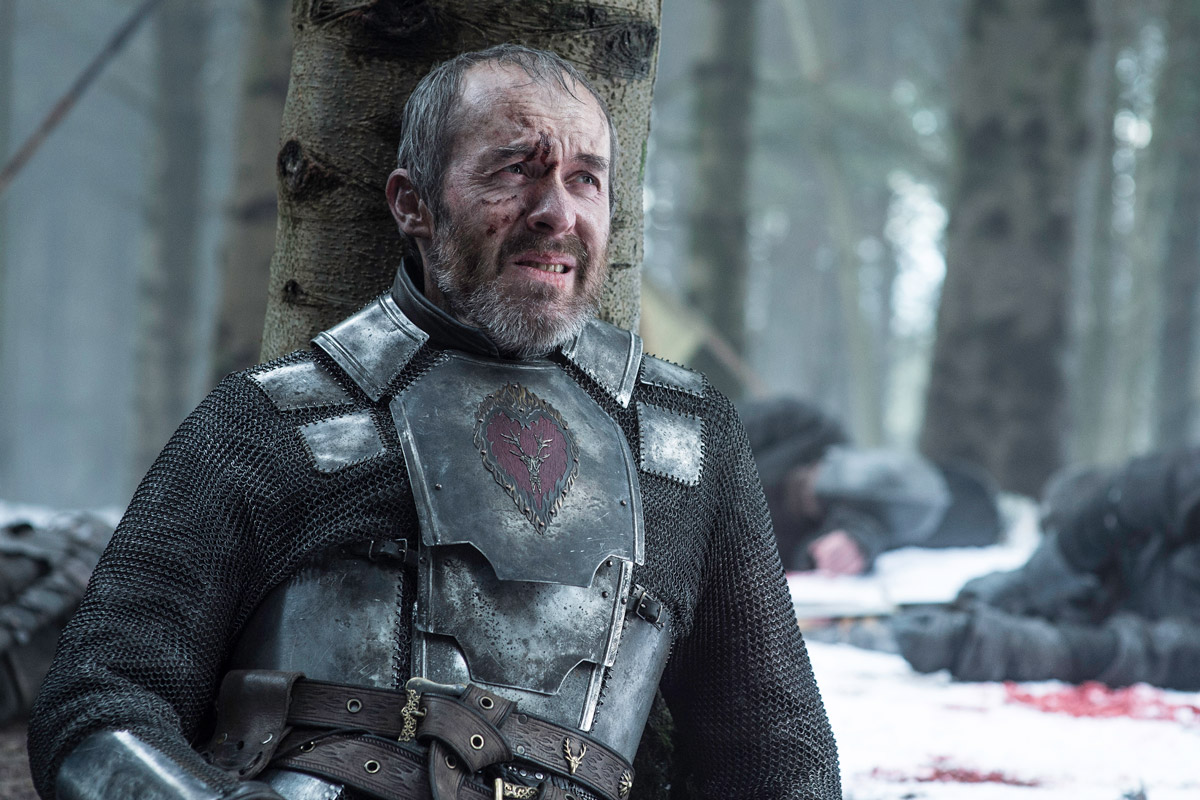
By the final episode of season 5, we saw a major player Stannis Baratheon taken out quick, fast and in a hurry, cutting a major string of the connected pieces. Alright, I guess the showrunners thought the character had run his course, fair enough. Then in season 6, Balon Greyjoy meets with his brother Euron and faster than you can say “Valar Morghulis”, Balon is hurled off a bridge and dies. No setup, it just happened. Right now, the War of the Five Kings has ended with all kings dead. While in the books, the war is still going on with various characters still at play.
There was also the Siege of Riverrun with Brynden Tully, the Blackfish, holding out against the Lannister forces. The season had set up Blackfish up to be a badass, standing up to the crown and their vast armies. I was expecting a great game of wits between Jaime and Blackfish, if not a major battle. Instead, he gets killed offscreen after his men betray him under the command of Edmund Tully. That was a major slap to the face of longtime fans of House Tully.
As of now, most of the screen time we’re seeing is from the perspectives of the Starks, Lannisters and Targaryens. From multiple houses vying for the throne, the show became boiled down to a finite cast of knowable characters. That’s fine but I’d be lying if I said the manner in which these three factions arrived out of the war seemed a little rushed. Major storylines and rivalries were wrapped up way too quickly, with little to no build-up. It almost seemed like Weiss and Benioff were just rushing to get the pieces out of the board as quickly as they came on.
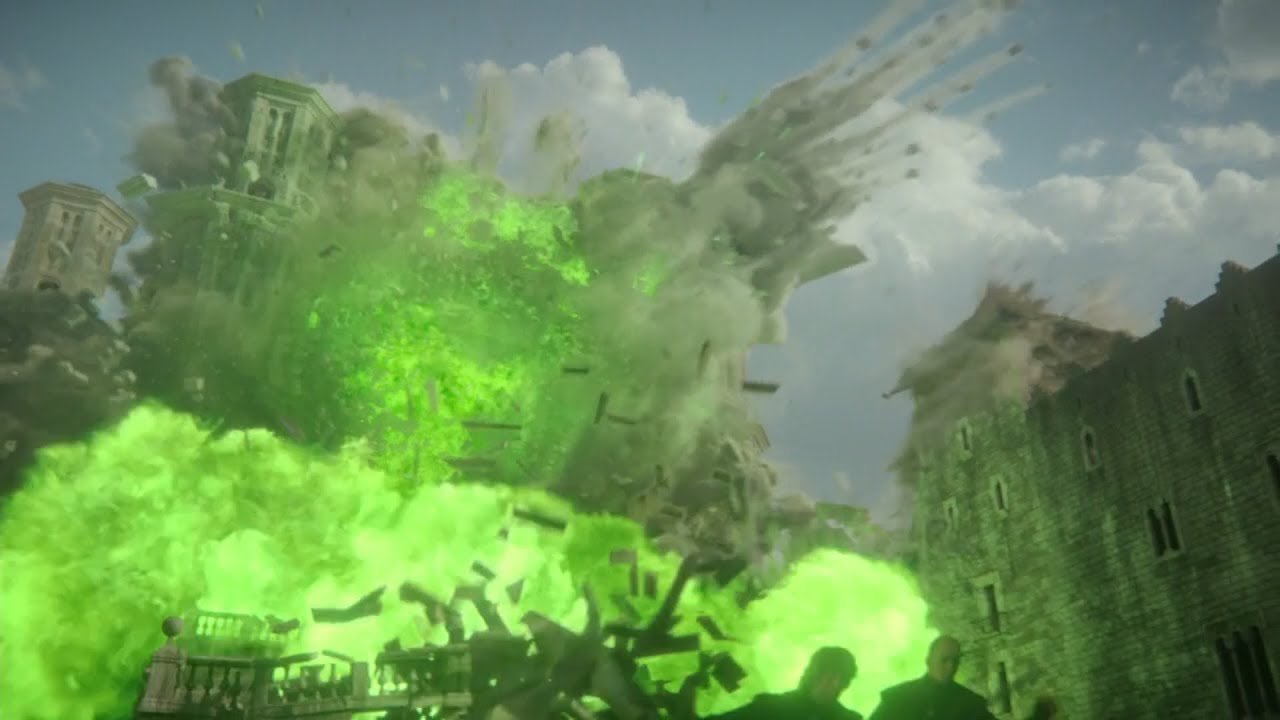
Especially with the season finale “Winds of Winter” when Cersei literally blows up two major subplots in one moment. The struggle with the Faith Militants and the nuanced tug-of-war drama with the Tyrells gone in a single swoop. Don’t get me wrong season 6 was a great season, certainly better than the last one. Some of us just felt the show was moving things along a little too hastily and clumsily…then came season 7. Boy did I get some whiplash from the season’s pacing!
Alright, let me set the stage for you. Daenerys has arrived in Westeros with local allies and foreign armies. She has the vicious savagery of the Dothraki Horde, the Unsullied who are pretty much show’s version of the 300 Spartans, and support from the Tyrells, the Martells and Greyjoy forces. She is looking fierce and strong, ready to take the Throne! This is going to be a long, methodical campaign, right?
Nope, near the end of the second episode “Stormborn”, Euron ambushes the Greyjoy with the Dornish Sand Snakes on board. In one move, Cersei has managed to cut Daenerys off from her two greatest assets, the Greyjoy fleet and Dornish reinforcements. A brilliant move on Cersei’s part. I wished we could have seen Daenerys have the chance to utilize those forces but hey, strategy is strategy.
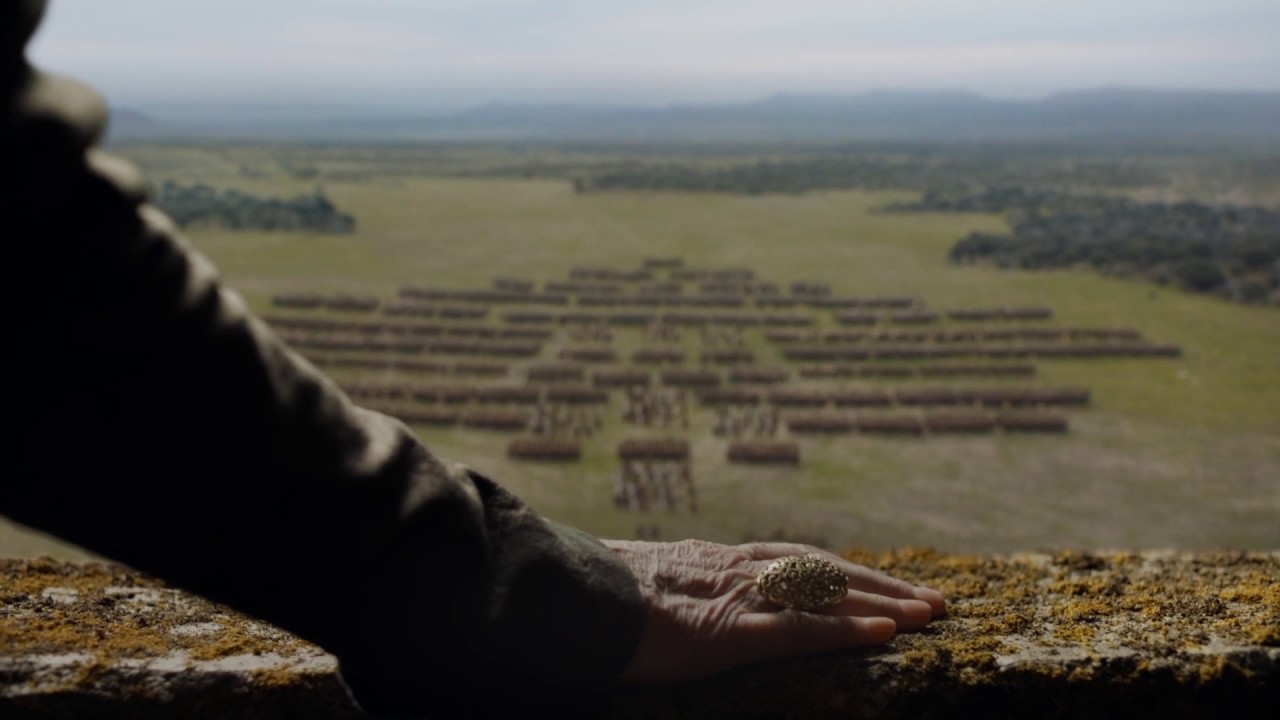
Then by the end of the third episode, we see Cersei trap Daenery’s Unsullied forces in Casterly Rock and seize control of Highgarden, which was offscreen! What the hell! Throughout the seasons, fans have come to understand that the build-up is just as important as the pay-off. These military victories chalked up to Cersei’s name seem to materialize out of nowhere. No war council meetings, no internal debates and certainly no foreshadowing. And while these battles do have some visual flair and excellent choreography, I can’t help but think them a little hollow. They’re not so much well-thought-out plans and masterstrokes than they are isolated shocking moments!
Granted the season made up for it with absolutely stellar action in the Battle of the Goldroad in the fourth episode. I relished the Dothraki Horde running down the Lannister forces while Dany provided aerial support but at the end of the day, it felt more reactionary than strategic. Then there was the expedition up North with Jon and company in the sixth episode “Beyond the Wall”, which had a lot of really cool moments but sadly at the expense of the show’s dramatic tension. In fact, the episode itself felt like it was more suited to be part of a high budget soap opera than a political thriller.
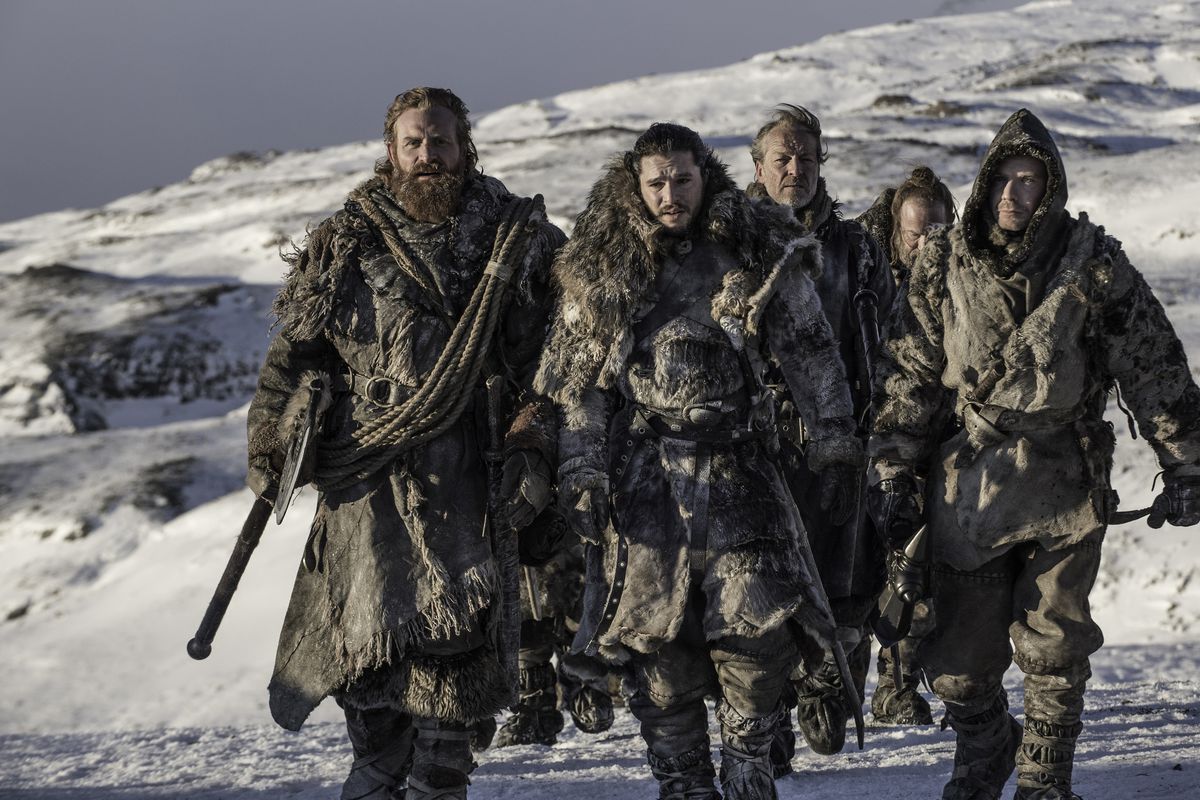
Doesn’t it take days for Ravens to reach the southern tip of Westeros, if not like weeks? And shouldn’t Jon and friends have frozen to death by the time Daenerys reached them? This places the episode in a dilemma of either admitting to unrealistic circumstance with the boys surviving what should essentially be a week (which breaks the show’s rules of gritty realism) or it commits a cardinal sin of the show itself, which is also a staple of the fantasy genre.
The Danger of Deus Ex Machinas
Many of you have probably heard of the term deus ex machina but for the benefit of those who haven’t, allowed me to enlighten you. A deus ex machina is basically when an unforeseen event, force or person arrives in a seemingly hopeless situation to save the day. Over the years, the term has been seen as a hallmark of lazy writing. People often assume that the presence of a deus ex machina simply means the writers have written themselves into a corner and are now resorting to cheap last-minute saves to quickly resolve a story. But here’s the thing, deus ex machinas can be used in a legitimate and technically competent way.
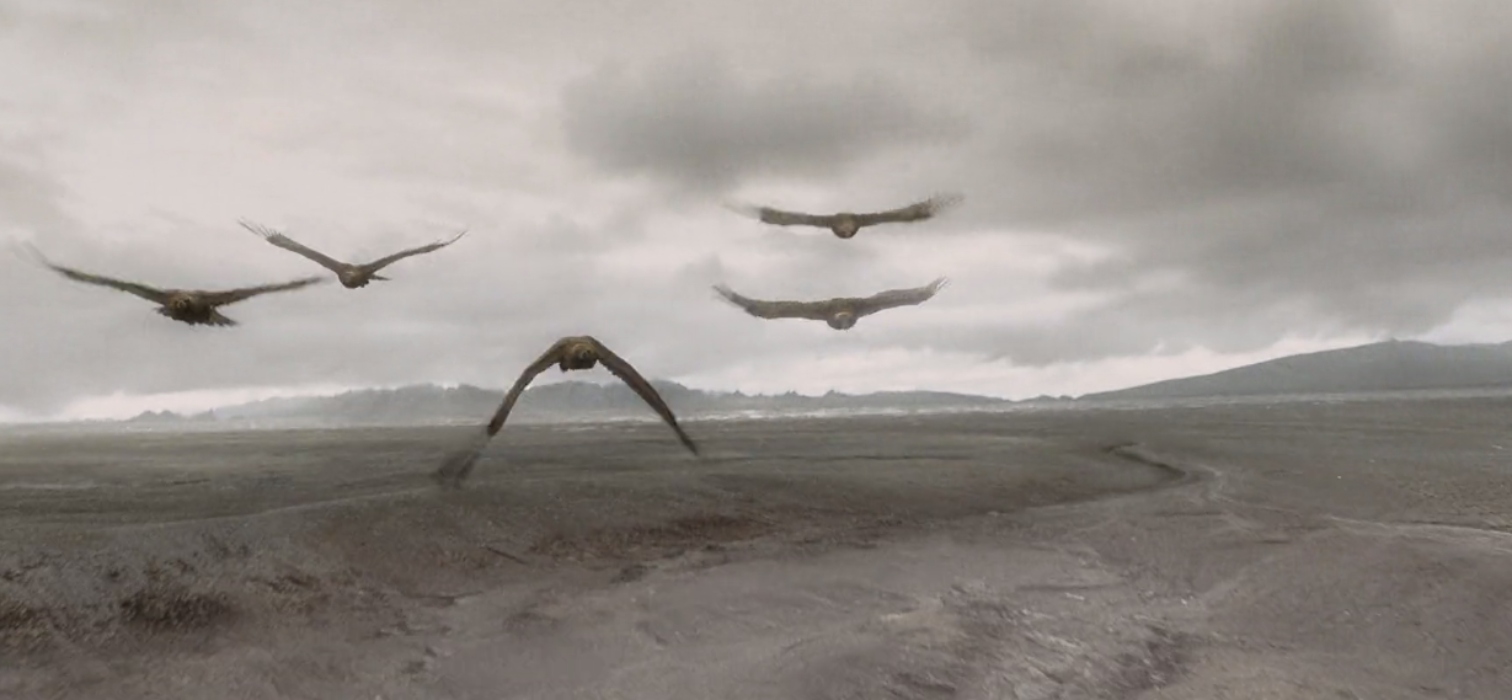
For example, the author of the Lord of the Rings J.R.R. Tolkien frequently and intentionally invokes the use of deus ex machinas in events called eucatastrophes. In his book On Fairy Stories, he coins the word “eucatastrophe” and he describes the event as a “the sudden happy turn in a story which pierces you with a joy that brings tears”. In these events, the deus ex machinas that arrive are consistent with the stories’ theme of good rallying to answer the call against evil in the direst of times.
In Return of the King, the arrival of the Eagles into battle to aid the armies of the West doesn’t feel cheap, their presence is meant to assert a spiritual truth of the story. Nature itself is joining the fight to protect life and fight for good, which is meant to show the struggle for the restoration of the soul of Middle Earth and its people. It’s not incompetent, it’s inspiring and uplifting. Everything Game of Thrones isn’t trying to be.
Since its inception, Game of Thrones has set itself up as the anti-Lord of the Rings, subverting the tropes of the genre but near the end of Season 6 and right into season 7, the show seemed to be using more and more deus ex machinas. To be fair, life is full is a game of chance and occasionally things work out. The ninth episode of season 6 “The Battle of Bastards” was a heart wrenching and brutal affair with Jon’s army clearly routed and overrun. At the start of the battle, we see Jon abandon all semblance of discipline, blindly charging at Ramsay, forcing his army to give up a defensive position to follow him into combat against an enemy with a larger host.
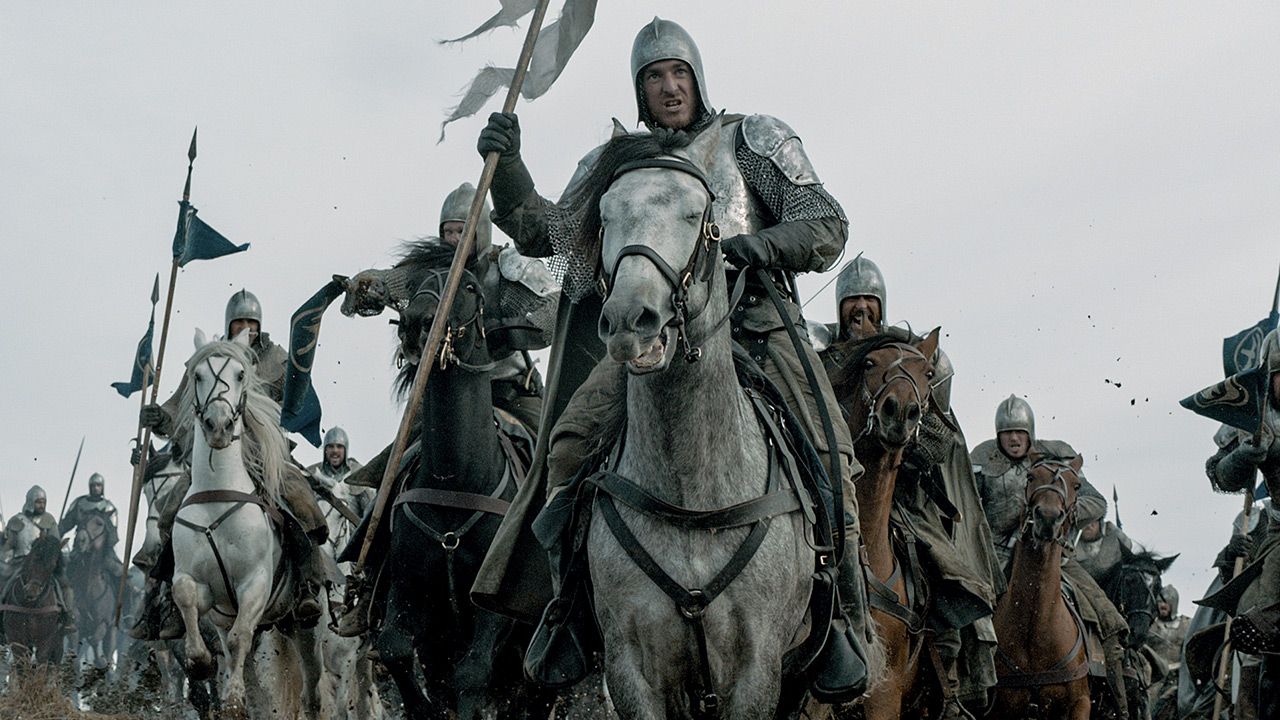
Rookie move and by all means they should have died then and there but then suddenly the Knights of the Vale ride into the fray and run down the Bolton spearmen, saving Jon from a gruesome death. Granted, a lot of people died in that battle but our protagonist was saved in the nick of time. It’s fine I guess since there was some setup with Sansa rallying Yohn Royce and the Vale to her cause. It’s excusable.
Then came season 7 and there were honestly some uses of deus ex machinas and plot contrivances that pissed me off. The first one was when Bronn jumped in front Jaime, right before Drogon fried his stupid ass. How the hell, did Bronn manage to sneak up around Dany’s dragon and time his jump to knock Jaime off his horse at the exact moment? I call bullshit! But that doesn’t even come to close the episode “Beyond the Wall”. This episode…they should call it “Beyond Belief”!
We get not one, not two but three bloody deus ex machinas! The first one was Daenerys arriving with her three dragons right before Jon and company were about to be overwhelmed by the wights. They were literally inches away from death and she conveniently appears at that moment.
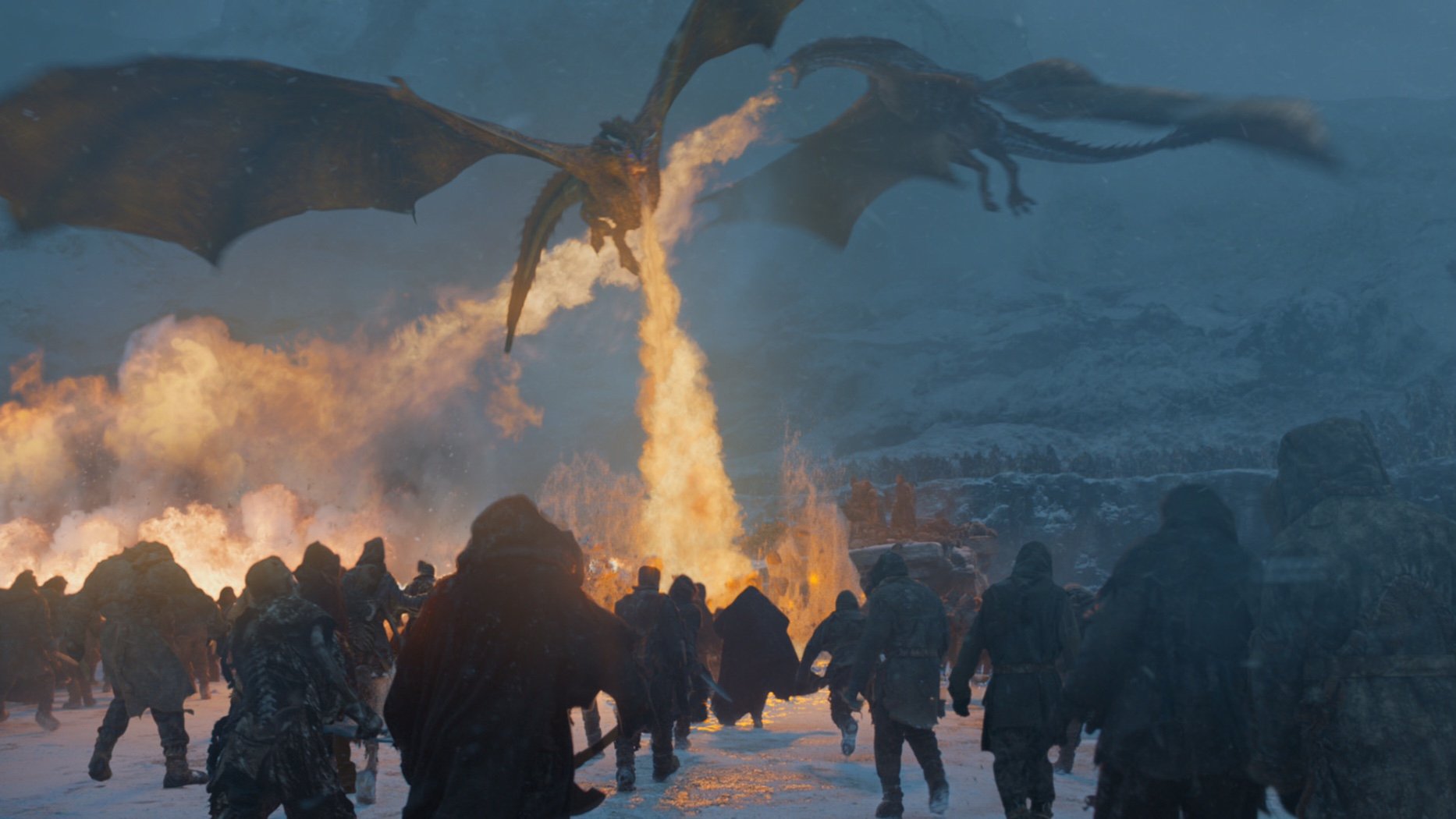
The second one being when Jon Snow gets tackled by some wights and gets his ass knocked into the freezing lake below as Dany and the remaining survivors fly off with the captured wight. During that time, the Night King pulls back the rest of his army (which should take some time mind you) and leaves the area. After some time when the coast is clear, Jon pops out of the water, still alive.
This means that Jon somehow managed to escape or kill the wights that dragged him into the waters and hold his breath long enough for the bulk of the Night King’s army to leave, in subzero temperatures without ever drowning or freezing to death. At this point, my friend and I were staring at each other in utter frustration. But oh the shit doesn’t stop there!
Instead of stealthily crawling away while the last of the wights march on, Jon proceeds to make some jackass last stand and pick a fight with the stragglers. A horde of them come storming at him and you’d think this would be his end, right? WRONG! His undead uncle Benjen Stark comes riding out of nowhere his magic flaming flail, gives Jon his horse and sacrifices his life to stall his nephew’s escape. This is the sort of thing I expect Jon Snow fans to write as an alternative to an ending where Jon rightly dies but here it is, in the show canon.
As for this current season, I’ll hold off judgment till it’s over but needless to say there were some major contrivances in the third episode “The Long Night” with most of the main cast still kicking. But who knows, maybe it’s meant to give us a false sense of security before the last two episodes pull the rug from right under us? I’m certainly hoping so. We’ll just have to wait and see.
Right, back to the heart of the matter. Is Game of Thrones getting worse? Before I give an answer I would like to preface that if you’re enjoying the current direction the show is heading to, then, by all means, go ahead. Don’t listen to the trolls online calling you basic or whatever, you do what makes you happy. That being said, as a longtime fan of the show, I must note that over the seasons there has been a significant drop in quality since the end of the fourth season. Meaty plotlines have been trimmed to the bone, the pacing seems rushed and most disappointing of all, the show has been inconsistent with the themes it’s established.
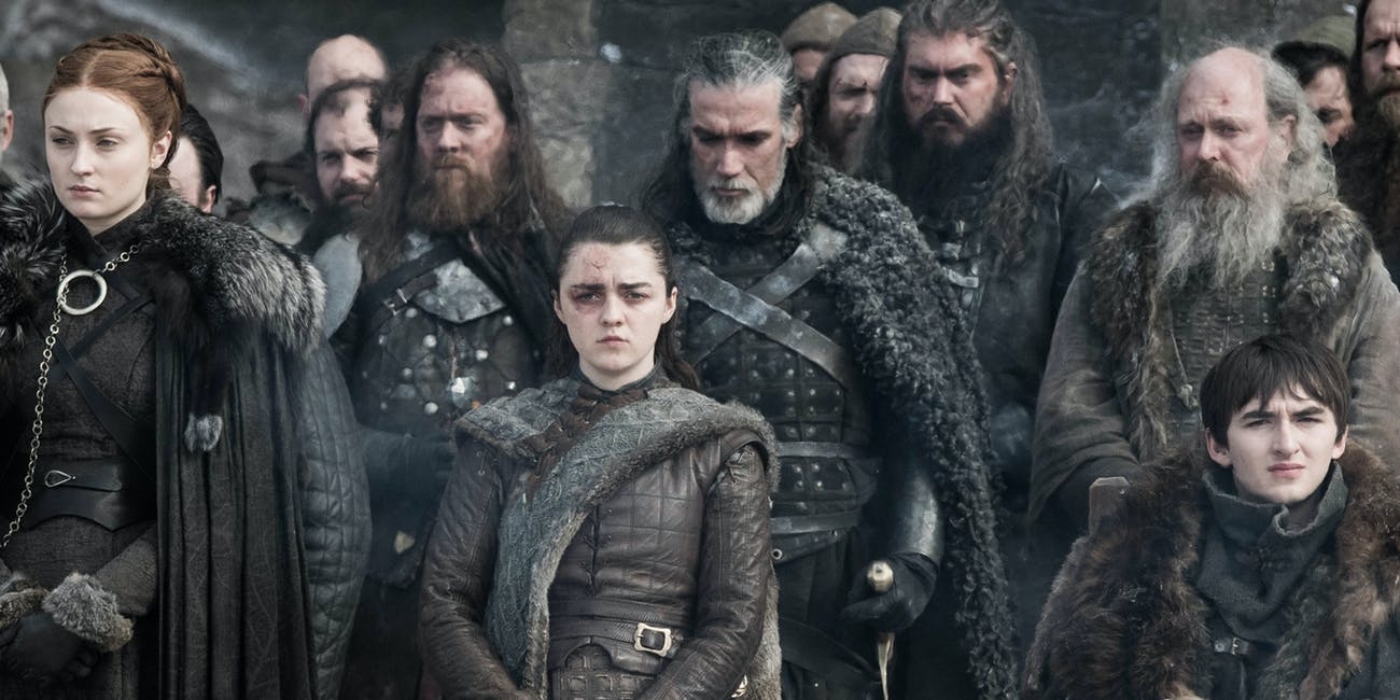
There was a time when I would readily call Game of Thrones the most ambitious, elaborate and consistently brilliant show on TV. Sadly that time has passed and the show can no longer hold that title. Look, Game of Thrones will always be a fantastic show in my eyes, even if there are some flaws here and there. I’m still going to look forward to the remainder of season 8 and so should you. We owe it the show and ourselves to see this journey through to the very end.
Follow us on Instagram, Facebook, Twitter or Telegram for more updates and breaking news.

